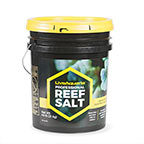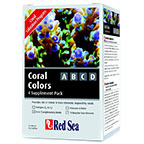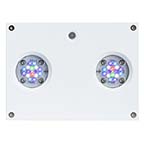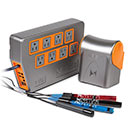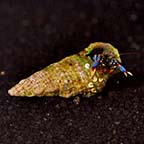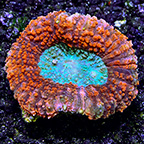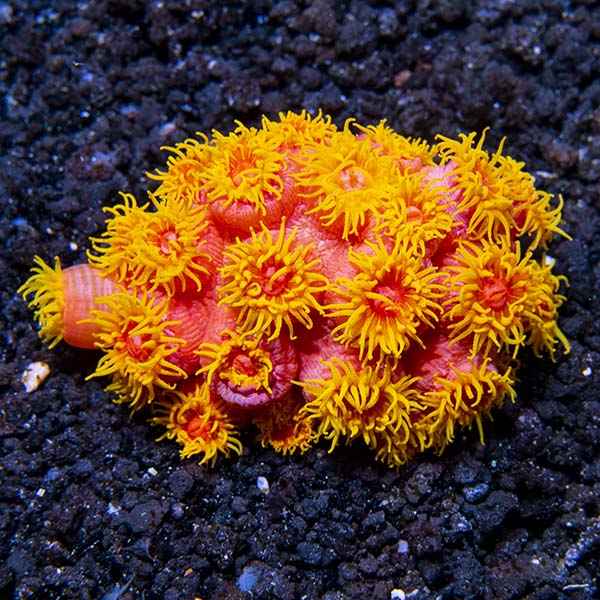
Additional locales and sizes may be available!
Additional locales and sizes may be available! Email me when availableQuick Stats
What do these Quick Stats mean? Click here for more information
What do these Quick Stats mean? Click here for more information
Overview
The Orange Tube Coral can be quite fragile and must be handled with extra care. When placing in the aquarium, it must be picked up by its underside. It should have moderate to high water current combined with low lighting levels. It will also benefit from the addition of calcium, strontium, and other trace elements to the water. It is a hardy coral for the reef aquarium, but is classified as moderate because of the special care that it requires.
It is one of the few corals that does not contain a symbiotic algae, so it must be fed vitamin-enriched brine shrimp or micro-plankton from an eye dropper directly to each one of its polyps. It will usually only expand its polyps in the evening or when it is hungry.
Approximate Purchase Size: Small: 2" to 3"; Medium: 3" to 4"; Large: 4" to 5"
Supplies You May Be Interested In
Customer Testimonials
I tried this as a first coral in my 180-gallon tank. I found that it is sensitive to low salinity. I thought I lost the entire coral but nature has a way of bringing things back and now I have little ones coming back!




